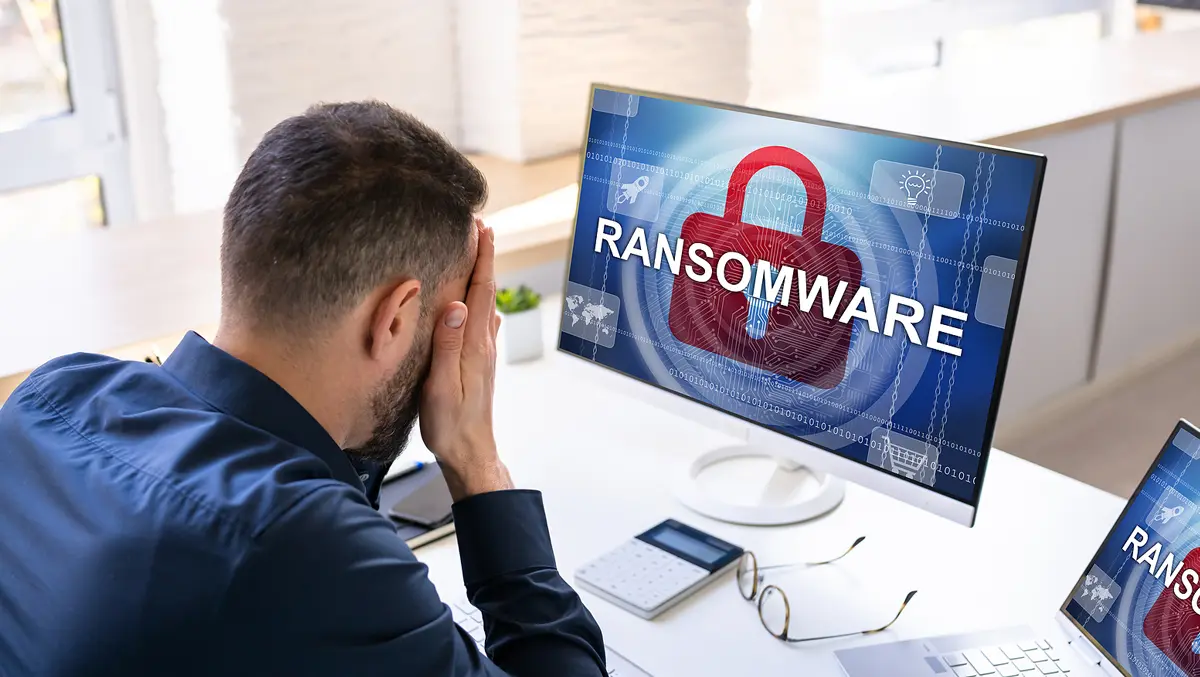Computer security should be a concern for every PC or smartphone user. In this short guide, you'll see what the solutions are and how you can protect your computer against hackers.
Even if seemingly no important data is stored on your devices, an infected computer or phone can be exploited for use in other cyber attacks. Also, you should be aware that "important data" doesn't just refer to passwords and online account information. Email addresses, phone numbers, browser history, and cookies can be used by hackers to manipulate and exploit vulnerable targets.
It is very important to understand that by protecting your computer from computer attacks, you are also protecting other computers of other users.
How to protect your computer against hackers?
Although no PC or smartphone is completely secure, following some security measures and practices can help protect your computer from hackers.
1. Always install a reliable antivirus or anti-malware program on your computer.
Malwarebytes is one of the most effective anti-malware software that you can run and install without the need for a subscription. In the free version, Malwarebytes gives you the option of a full scan of the entire system, regardless of whether you are a user Windows or Mac.
2. Do not install pirated software or games, no matter how tempting it may be.
A pirated software or game implies that the files have been modified by a hacker. Most of the time, in addition to license bypass changes, hackers also add their own malware to gain benefits from their work.
3. Avoid opening suspicious emails or dubious links received in messages.
The most common method of spreading malware is through email messages. Many of these messages have very convincing subjects and appear to be sent by friends, public institutions, banks or other trusted contacts. It is enough to open a link in these messages or download an attached file to compromise your computer's security.
To read: How do you protect yourself from an email phishing attack?
4. Always use strong passwords for your accounts and avoid using the same password for all your accounts.
It's not a good idea to use passwords that contain your date of birth, your name, those of your loved ones, or your pets. These passwords are easy to guess.
5. Use two-step authentication for your accounts if possible, it can help protect your computer from hackers.
Two-step or two-factor authentication requires that in addition to the password of the account you are logging in to, a temporary code for authentication is also required. This code can be obtained either via SMS or through applications such as Google Authenticator or 2FA.
6. Be cautious about using unknown or borrowed USB drives. They could be infected with malware.
When you receive a hard disk external or a USB flash drive from a friend, colleague or acquaintance, it is recommended to be very careful when connecting it to the computer. If you don't have antivirus software that automatically scans the storage drives connected to your computer, there is a risk that malware applications will be launched from them.
7. Enable and configure the firewall to filter unknown traffic.
Using a firewall can be a bit difficult if you are a technical person, but there are some firewall software that have a very intuitive interface and can be configured in a very simple way, both on the operating systems Windows, as well as on computers Mac.
8. Avoid using public Wi-Fi networks for sensitive activities such as banking or online shopping.
Using public Wi-Fi networks can allow data sent and received on your laptop to be intercepted. It is not recommended to connect to these networks when doing online banking or connecting to accounts with sensitive data.
9. Regularly back up important files in case of ransomware attacks or data theft.

For important files, it is highly recommended to have a backup on an external storage unit that is not connected to the internet. Ransomware attacks are most devastating when it comes to data. This type of malware encrypts all files on the computer, making them inaccessible to the user. Most of the time, hackers launching ransomware attacks demand money from victims to regain access to their data.
Related: How to protect your computer from ransomware?
10. Maintain the operating system Windows updated regularly.
Microsoft updates operating systems quite frequently Windows, both to bring new features and to close security holes. It is recommended that updates Windows to be made up to date.
In conclusion, by consistently applying these measures, you can enjoy the benefits of technology moderne without fear of becoming a victim of hackers or cyber attacks. To protect your computer from hackers by ensuring that you always maintain a high level of vigilance and awareness in the digital space.